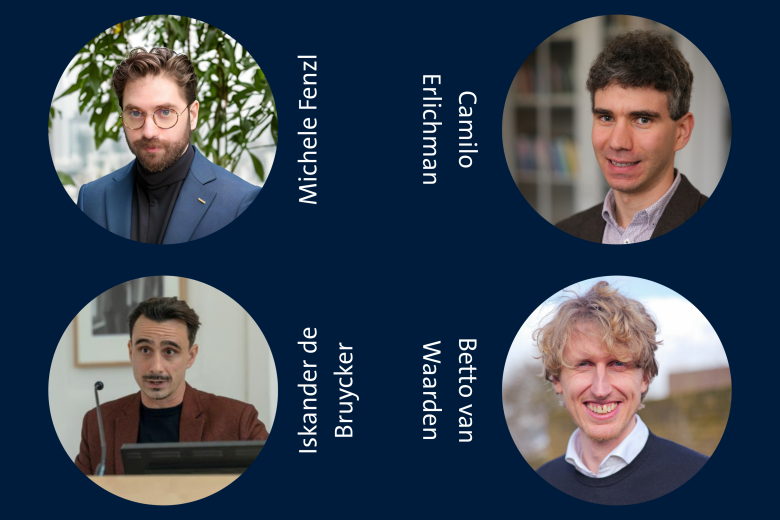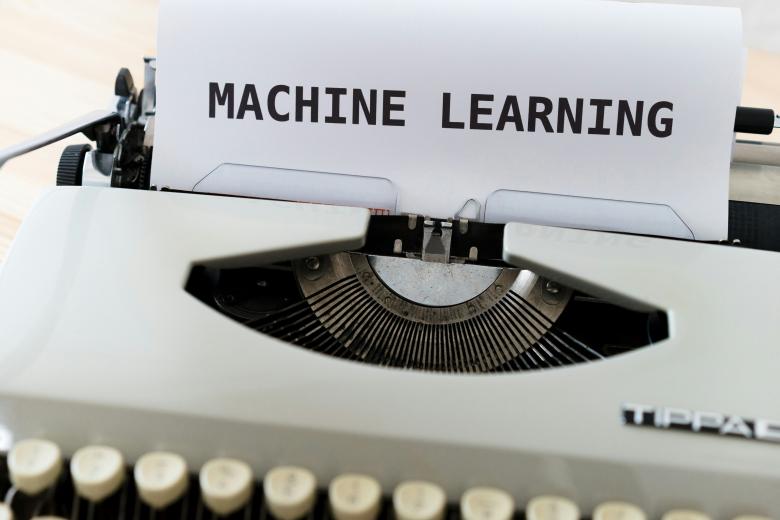Safeguarding the ballot: Can Brussels counter Russia’s grip on European elections?
Foreign interference has become a recurring subplot in European politics. From Romania’s cancelled presidential election to Germany’s far-right surge, Russia has been accused of using disinformation and covert financing to tilt the playing field. The latest battleground was Moldova, where President Maia Sandu urged citizens not to be “bought” by Moscow as she sought to keep the country on its path toward EU membership.
The question is increasingly urgent: has foreign interference become the new normal for Europe? And what role should Brussels play in safeguarding democratic processes? Studio Europa Maastricht discussed it with Gergana Noutcheva, Associate Professor in International Relations and European Foreign Policy at Maastricht University, who specialises in EU enlargement policy and democracy promotion.
Following the dramatic election campaign in Moldova, Council of Europe Secretary-General Alain Berset told media this is a “wake-up call” for Europe, predicting that disinformation and foreign interference will become long-term challenges to democratic processes. According to Noutcheva, Russian tactics are neither new nor particularly subtle and even established European democracies are not immune to them.
“The Russians act out of the KGB rulebook and they are doing what they’ve been doing for decades,” she explained. “Where they have entry points through secret services, paid political actors, or civil society they will not shy away from exploiting them. For me what is more important is how resilient the country is from within against such threats.” In Moldova, that resilience was tested when the electoral authority barred two pro-Russian parties just days before the vote. Far from undermining democracy, Noutcheva sees such measures as proof of institutional strength. “I don’t consider it an act that undermines the democratic process. I rather see it as an act of institutional resilience,” she argued, pointing to the clandestine nature of Russia’s methods. “Yes, the measure is extreme, but the scale of intervention was visibly so high that in the eyes of the majority of Moldovan citizens I don’t think it looked illegitimate.”
Read the entire article on the website of Studio Europa Maastricht.

Also read
-
Four FASoS researchers awarded NWO XS grants
How do lobbyists use disinformation to sway policymakers? Who gets to shape the historical narrative of occupation and violence? Does growing inequality change the way citizens think about politics? And how have politicians defended “truth” across a century of media revolutions?
-
Reducing the Digital Divide: Empowering Students to Train, Evaluate, and Use AI Text Models
The Maastricht Law and Tech Lab, together with the Brightlands Institute for Smart Society (BISS), obtained a € 100.000 a Comenius Senior Teaching Fellow grant.
-
Green school playgrounds boost concentration and wellbeing
Children at schools with green playgrounds are better able to concentrate and display more social behaviour. This is the conclusion of a follow-up study within the long-running project The Healthy Primary School of the Future .